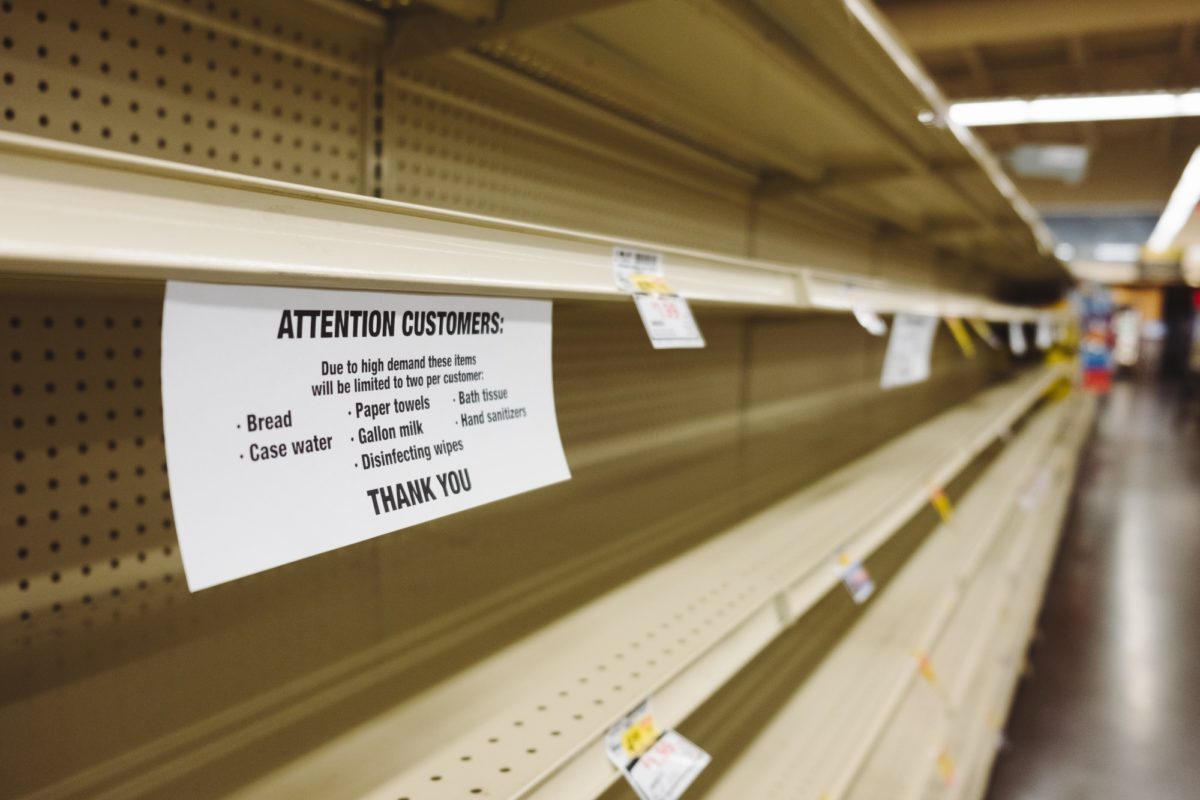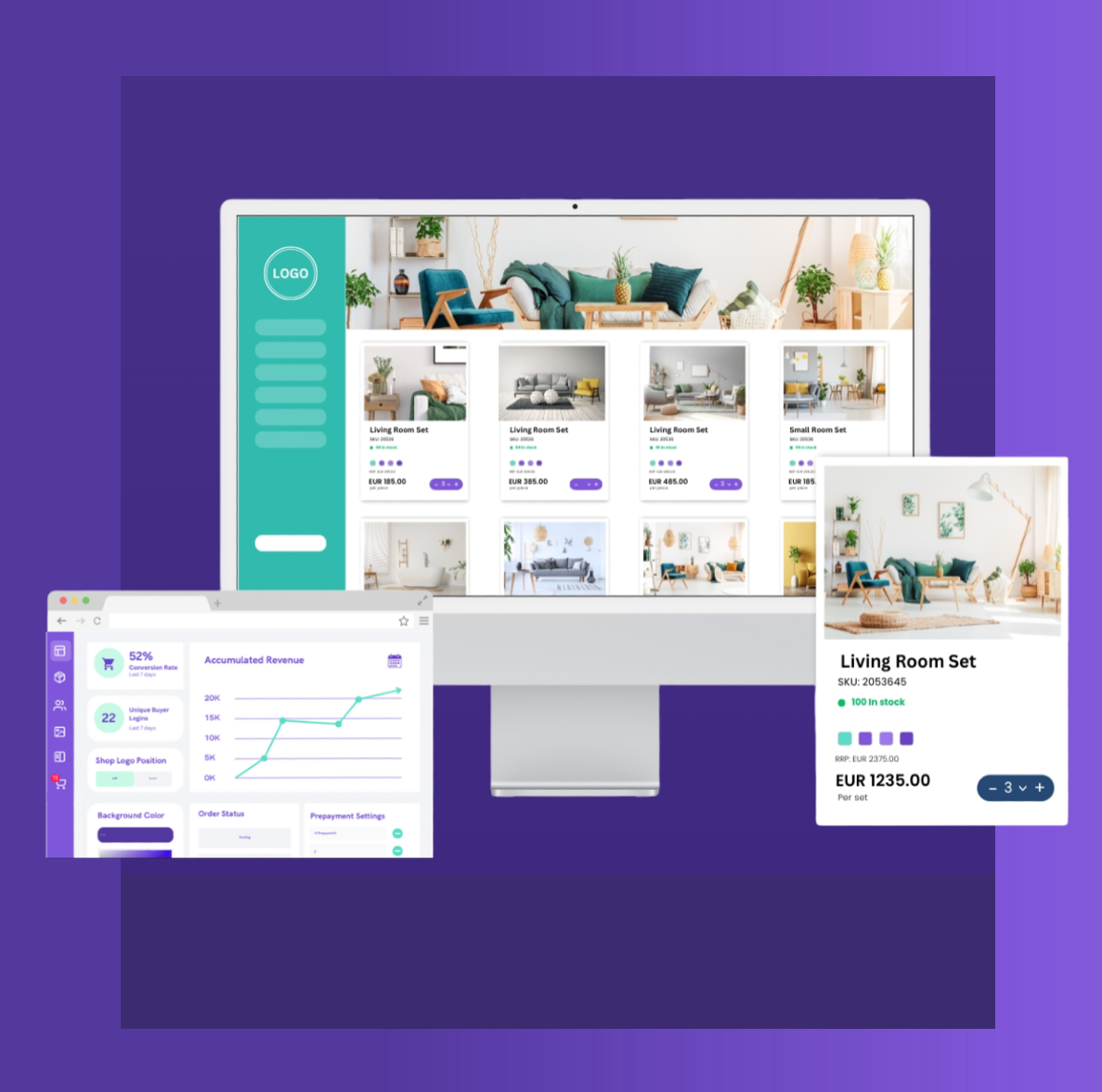Make the most out of backorders!

Are you already handling different order types, but not sure how you could benefit from backorders? There is actually more behind it than you can imagine.
Regardless of whether you are selling business to business or directly to the end consumers, it can always happen that the demand (interest) for your good is suddenly higher than what you can supply. Working with backorders can be the way to still capture orders in this situation.
Even if you are new to the wholesale environment or an old-timer, we recommend digging into this topic and reading this article can be a good starting point.
Table of Contents
What does it mean when something is on backorder?
Orders have many types and as many ways to be handled by the sellers. One thing is for sure, it doesn’t refer to taking orders through the backdoor.
To take a simple dictionary definition: backorder is an order placed at a moment the product/service is not available. Therefore, the possibility to backorder is a sort of promise from the supplier that even though the wanted product is not available right now, it will be again soon. It is up to the seller if they offer this kind of order placing and whether they set a limit to the backorder volume or not.
Backorder vs. Out of stock
We are talking about backorders when the good is only temporary, not available. Most of the time the supplier, however, knows that it will be available again or at least knows for sure that the desired product or service is going to be available again in the near future. Usually, it is certain because the product is already shipped to the wholesaler or is in production by the manufacturer.
On the contrary, out of stock occurs when the goods are not only not available at the moment, but there is no date set for the resupply. This, of course, does not mean that the given wholesaler or retailer will never have that product available again, but at the moment it is uncertain if they will or when.
Backorder vs. Backlog

Although the “back” is the first part of both phrases, the meaning behind them is frankly different. As you could read, backorder is not a negative thing and if you continue reading you will also see how could you benefit from allowing your customers to place an order even if the item is not available at the moment.
Backlog on the other hand is a more sensitive word that is used when things are getting over the board and orders are piling up without being processed or handled. That is why backlog is used more internally to describe the “To-do list” of the wholesaler.
It is worth highlighting here, that backorders must be accepted and registered and so prioritised once the product is available again, so the customers’ waiting time is minimised. Backlog accrues when the orders have been registered already but not handled. Therefore, even backorders can cause backlogs in case of inefficiency
When should you use backorders?
Many customers would think that when products are not available, it can only be because of miscalculations or bad inventory planning. However, allowing back-ordering can be used consciously as a strategic move from manufacturers and wholesalers.
Why would any business risk not having the product in stock when it is needed? There are actually multiple reasons.
For instance, when the demand for a product is uncertain, using backorders can be a smart way to avoid overproduction.
From a financial perspective, backorders are also a good way of keeping the balance sheet, well, in balance. Since in this case, the customer can place the order and pay for the product in advance and the wholesaler can use this money to pay for raw materials, production costs, shipping etc… Many startups use this kind of strategy to get their first goods out. Kickstarter was built exactly on this idea.
Another reason can be to keep the prices high by having fewer products available, than customers who actually want to place an order. You can read more about this in our demand pricing article.
My sanity is on backorder,
But my sarcasm is unlimited
Avoid losing customers because of backorders
Backorders can be a good strategy for many reasons, however, when customers see certain products missing frequently it may have a negative influence on their buying decision.
Nevertheless, if the demand is high and the supply is low only by a specific product, then being out of stock can have the risk of losing the customer. Backorders can help prevent this, however, in these cases, it is recommended to disclose when the product is going to be available or shipped to the customer. Motivating the buyer to place the order with you instead of with your competitors.
Sharing this information is also suggested from a customer support perspective. Open communication is, in general, the best way to handle business. When customers keep spamming your support team asking when they will receive the products they paid for or claiming their money back is definitely something you want to prevent. Being honest about the dates of the next availability and communicating this to the buyer will build trust and set their expectations correctly.
Backorders and Inventory
Despite all the planning and the sales strategy, you make to run your organisation smoothly. It can happen that you are simply out of stock. Changing trends, and customer behaviour, are just two of the many-many external reasons why your forecasting can differ from reality.
Therefore, keeping track of backorders and reporting these orders is crucial in your inventory management. Some crucial matrices to analyse are: how many goods are on backorder? Which goods are the most needed? How long does it take to supply these orders? What frequency does backorder accrue? How willing are the customers to wait? Among many others.
In general, speaking, even if backorders are a deliberate or accidental state of your supply chain. It is suggested that you have only a limited amount of goods on backorder, and you are able to fulfil these orders within a relatively short period of time. This will help you keep your customers satisfied and will motivate them to reorder again.
Of course, it can happen that things are getting delayed, so don’t forget that you can offer discounts or free shipping to your customers.
Automated backorder
Selling your products b2b through an online platform, as Turis has also the benefit of supporting backorders or reordering through automation.
Your retailers and sales agents can not only have the possibility to place backorders with your permission, but they can also see when the product will be available again and when it is expected to be shipped.
You can also limit the volume of the backorders or reject orders, so you remain to have full control over your business.
Want to know how?
Book a meeting with our founder Casper. He will show you how Turis will benefit and grow your business.
Book meeting with Casper

